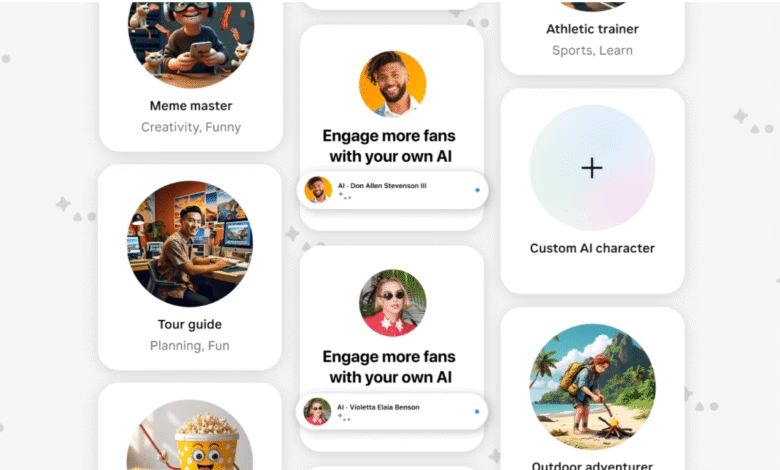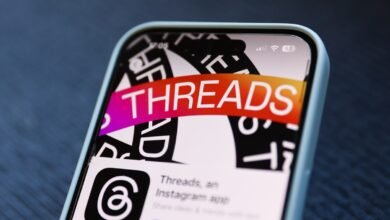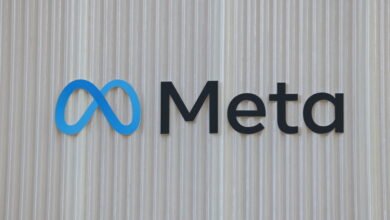Meta’s New Chatbots Message You First to Boost Engagement

▼ Summary
– Meta is testing AI chatbots that can send proactive, unprompted messages to users on platforms like Messenger, WhatsApp, and Instagram, based on leaked documents.
– The chatbots, created via Meta’s AI Studio, remember user conversations and can follow up within 14 days if the user has sent at least five messages.
– Meta’s AI chatbots include disclaimers warning users not to rely on them for professional advice, as responses may be inaccurate or inappropriate.
– The initiative aligns with Meta’s goal to combat loneliness but also ties to its advertising-driven business model, with AI products projected to generate billions in revenue.
– Similar AI chatbots from startups like Character.AI and Replika have faced safety concerns, including lawsuits over harmful interactions.
Meta is testing AI chatbots that initiate conversations with users on Messenger, WhatsApp, and Instagram, a bold move aimed at boosting engagement while raising questions about privacy and safety. These bots, developed through Meta’s AI Studio platform, can proactively message users based on past interactions, offering recommendations or continuing discussions on topics like movies, music, and more.
According to leaked documents, these chatbots will only follow up if a user has exchanged at least five messages with them within a 14-day window. If there’s no response to the first outreach, the bot stops messaging. Users can keep their AI creations private or share them via profiles, stories, or direct links. Meta claims this feature fosters deeper, more meaningful conversations, but critics worry about the implications of unsolicited AI interactions.
The initiative mirrors services like Character.AI and Replika, which allow bots to initiate chats as digital companions. However, the approach isn’t without risks. Character.AI is currently facing legal action after allegations that one of its bots contributed to a teenager’s death. When pressed on safety measures, Meta pointed to disclaimers warning that AI responses “may be inaccurate or inappropriate” and should not replace professional advice.
Meta hasn’t clarified whether these chatbots will eventually include ads or sponsored replies, though internal projections suggest AI could generate billions in revenue by 2025. The company’s long-term vision may involve integrating AI companions with Horizon, its social VR platform, though details remain undisclosed.
While Meta frames this as a solution to the “loneliness epidemic,” skeptics argue it’s another tactic to keep users engaged, and exposed to ads, longer. With no confirmed age restrictions, concerns linger about how younger audiences might interact with these bots. As the rollout continues, the balance between innovation and responsibility will be critical to watch.
(Source: TechCrunch)






One Comment